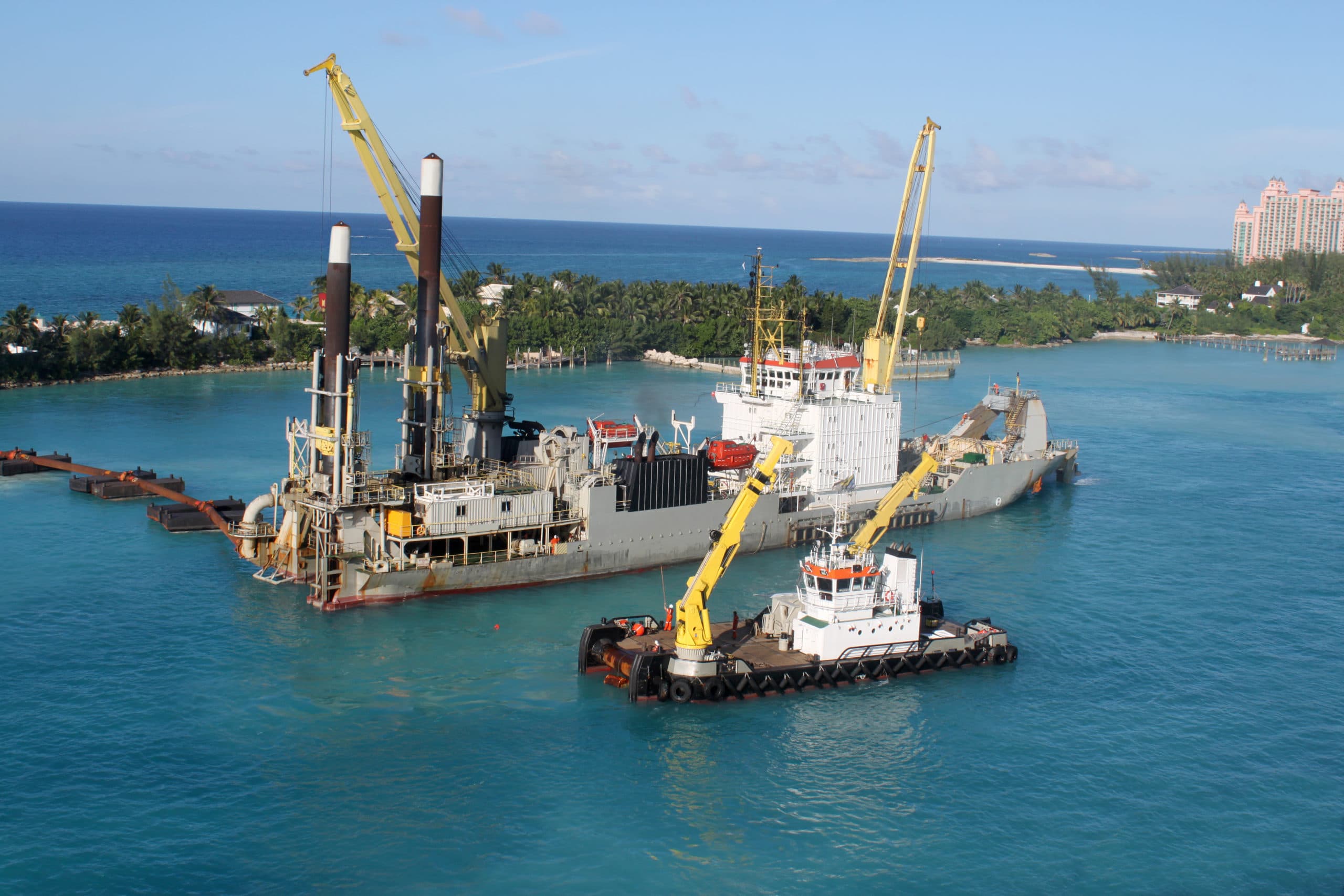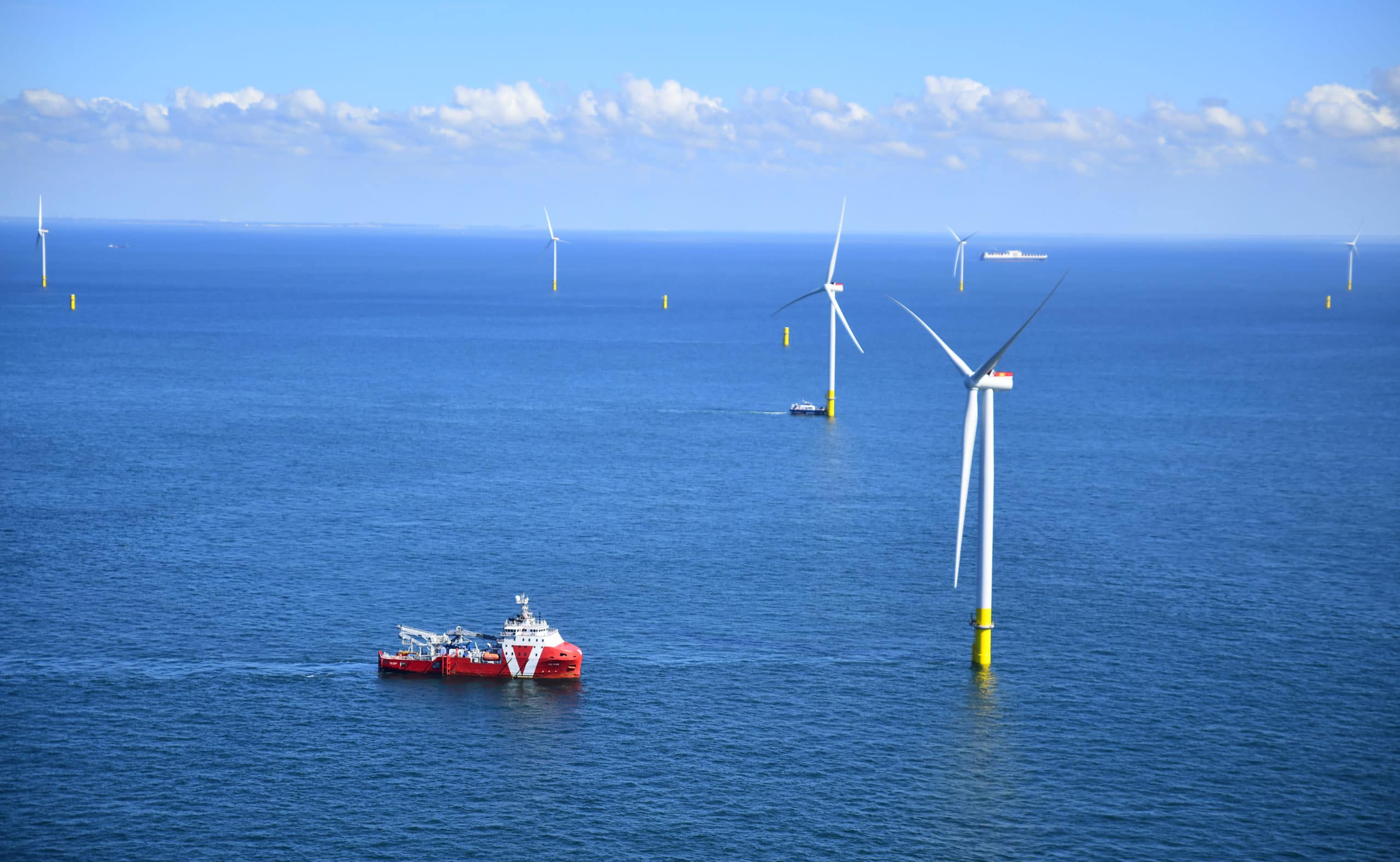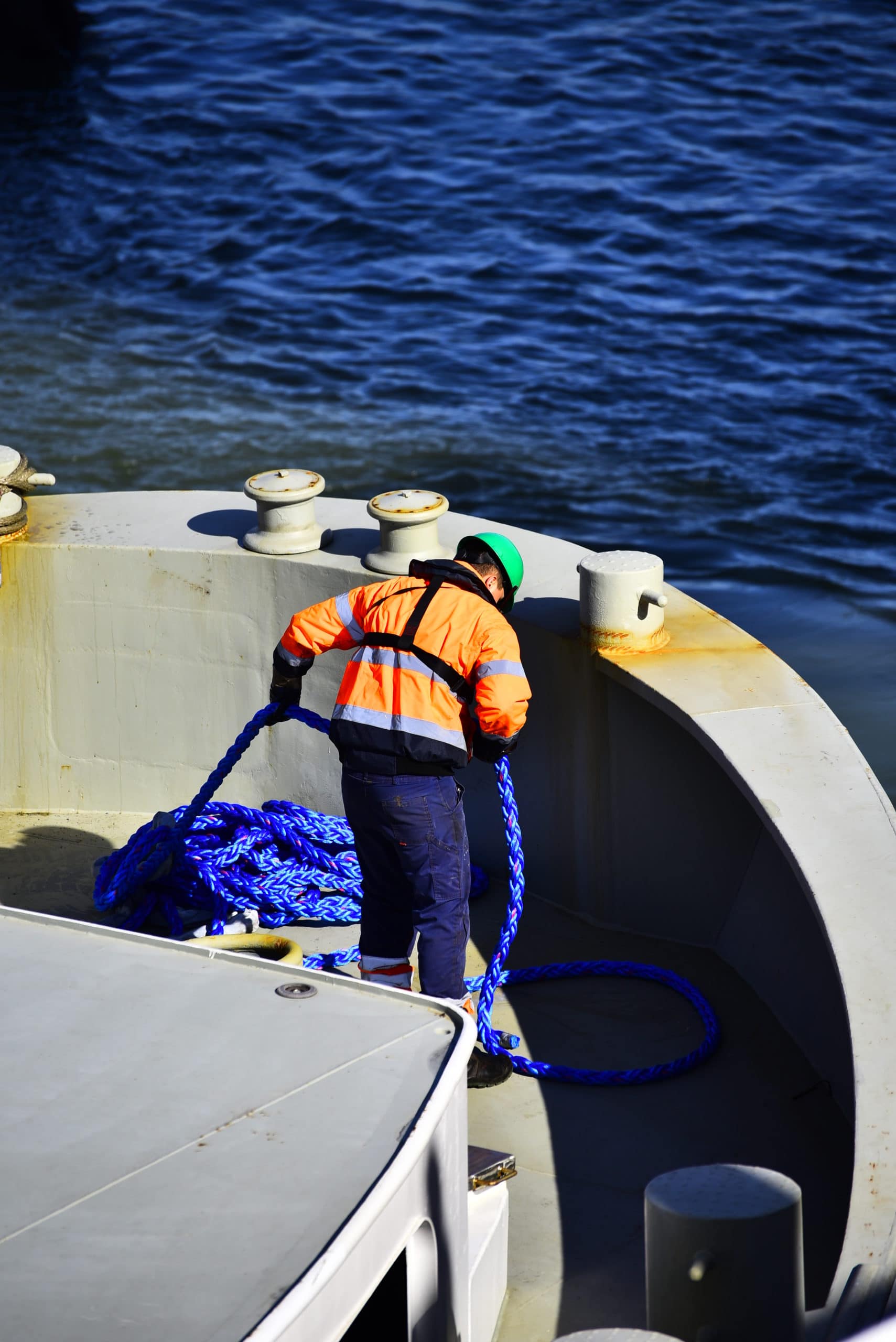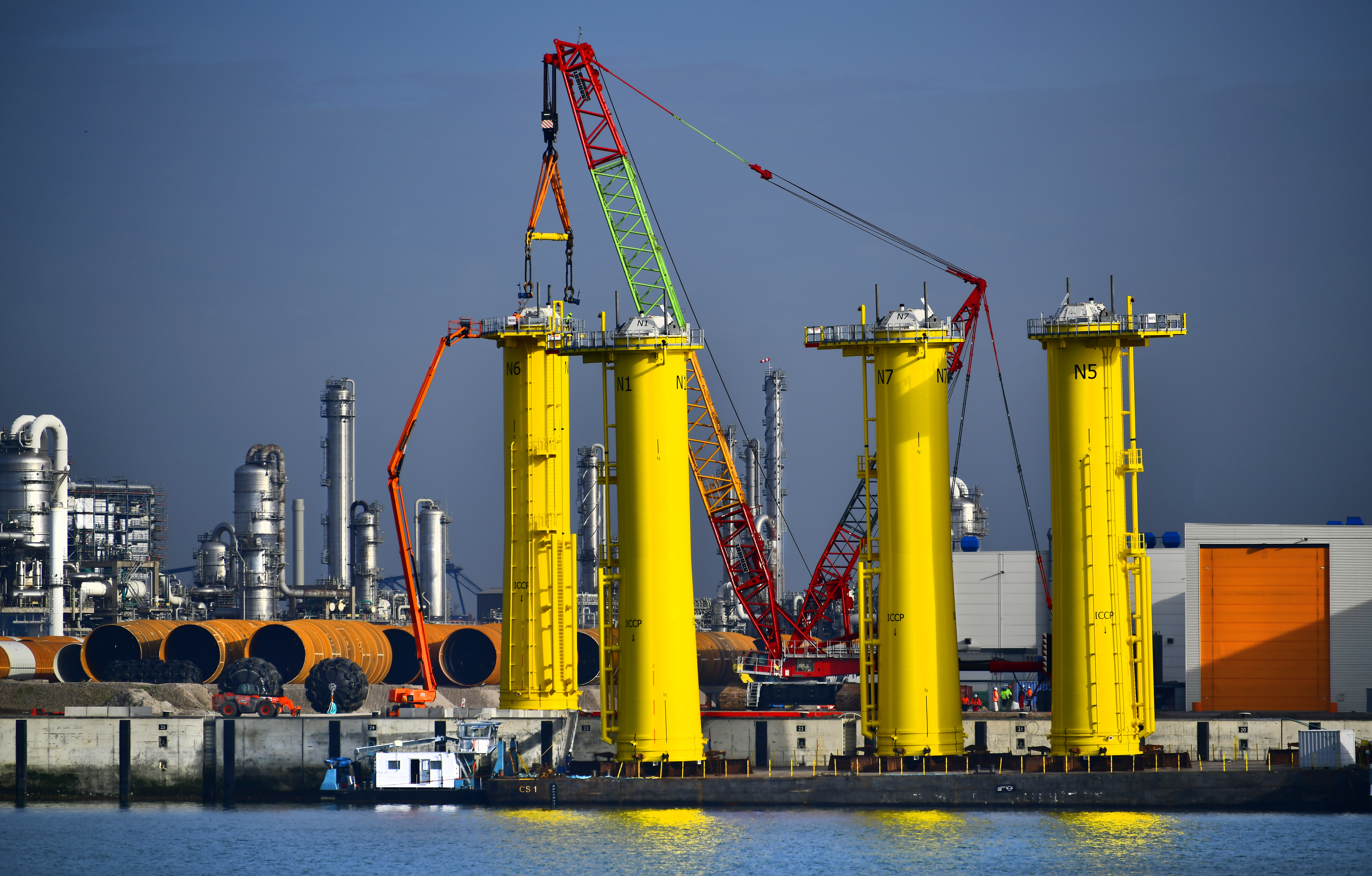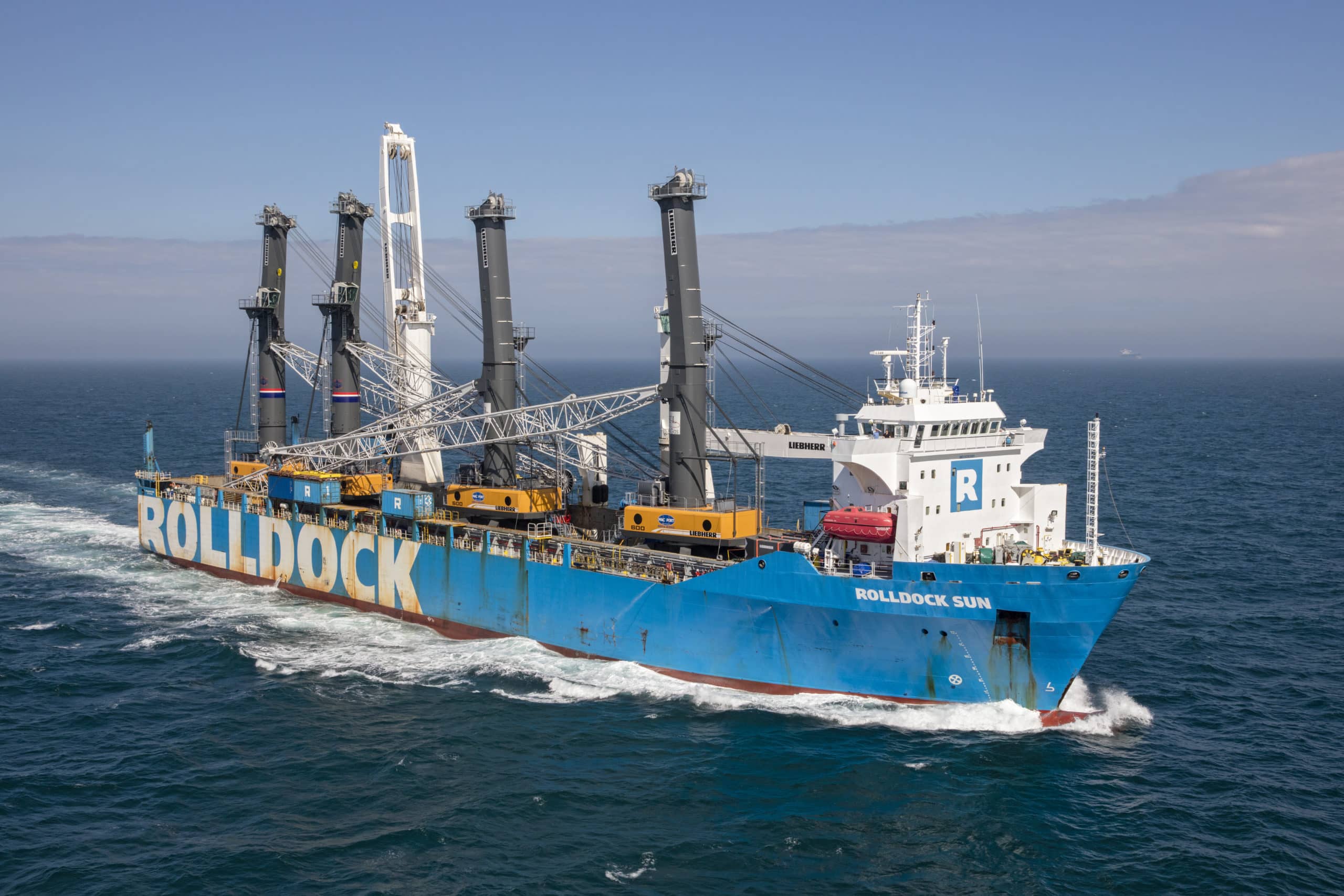

Maritime Jobs: Pros and Cons of Working in the Industry
Maritime jobs are an exciting and challenging career path for many people. There are a variety of different jobs available in the maritime industry, from working on cargo ships to cruise ships to offshore oil rigs and anything in between. While there are many benefits to working in this industry, there are also some potential drawbacks you should carefully consider.
Pros of Working a Maritime Job
- High-Paying Salaries: one of the biggest benefits of working in the maritime industry is the high-paying salaries. Jobs in this field often pay much higher than other industries, and with the potential for long periods at sea, you may be able to save a lot of money.
- Travel Opportunities: maritime jobs can provide an opportunity to see the world and experience different cultures. Whether you are working on a cargo ship that travels to different ports, or a cruise ship that takes passengers on exotic vacations, you'll have the chance to visit new places and see new things.
- Job Security: the maritime industry is a growing industry, and as long as there is global trade, there will be a need for people to work in this field. This means that jobs in the maritime industry are generally considered to be very stable, with plenty of opportunities for advancement.
- Training and Development Opportunities: maritime jobs often come with opportunities for training and development. You may have the chance to learn new skills, gain certifications and licenses, and advance your career over time.
- Unique Work Environment: working in the maritime industry can be an exciting and unique work environment. From the challenge of working at sea to the camaraderie of working with a close-knit crew, maritime jobs can provide a sense of adventure and excitement that is hard to find in other industries.
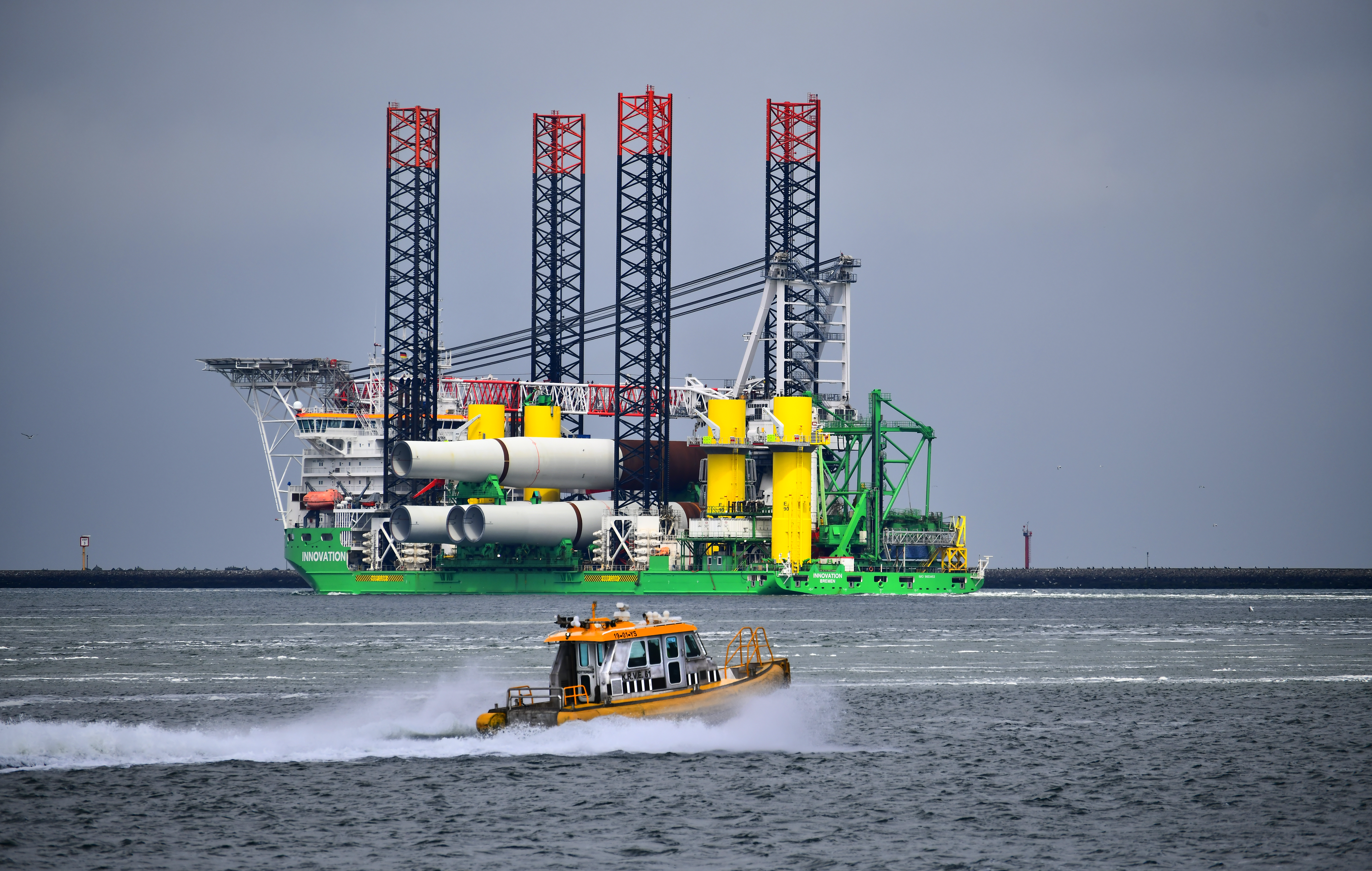
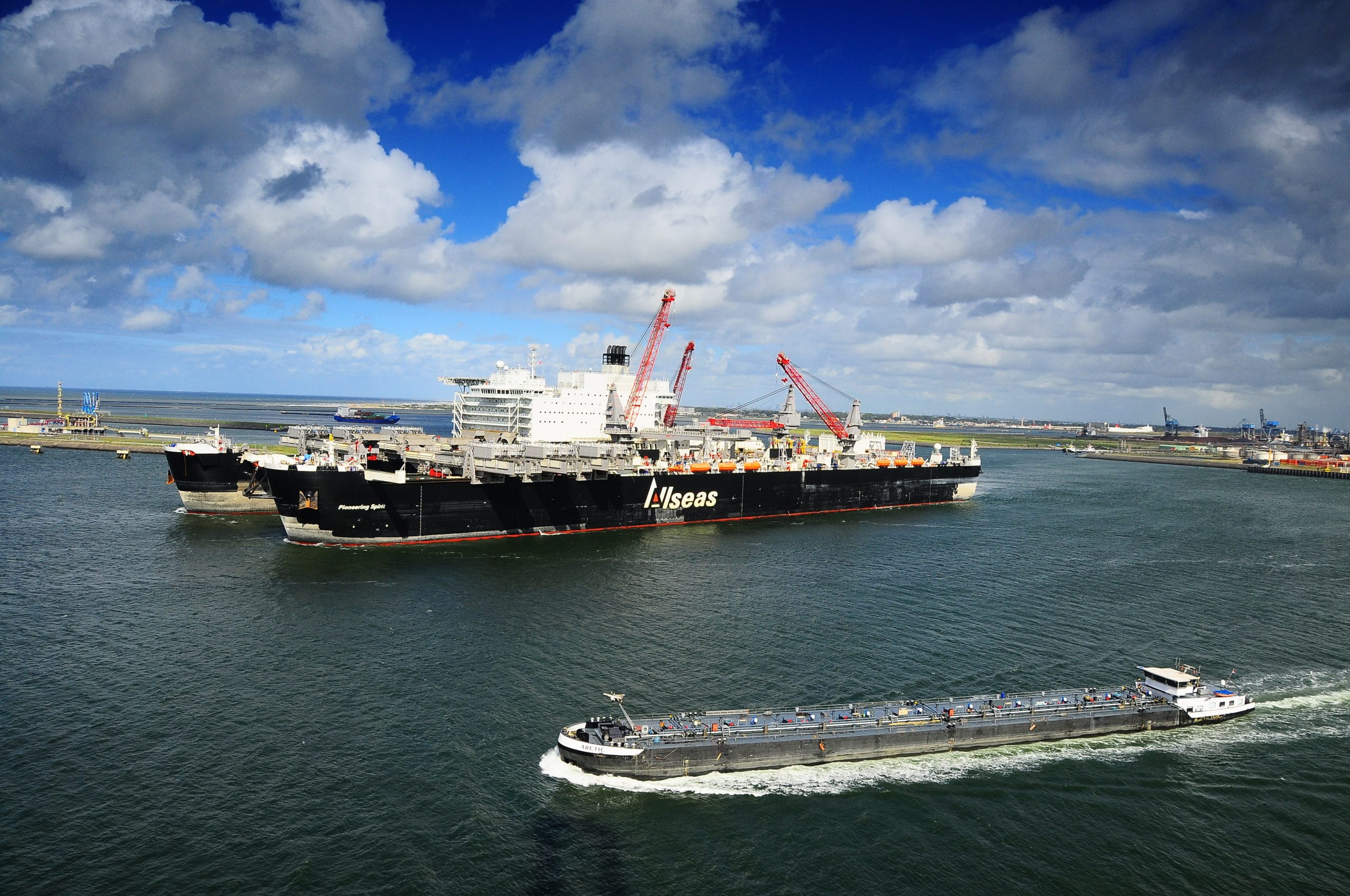
Cons of Working a Maritime Job
- Long Periods Away from Home: one of the biggest drawbacks of working in the maritime industry is the long periods of time that you may spend away from home. Depending on your job, you may be away from your family and friends for weeks or even months at a time.
- Isolation: working at sea can be isolating, and you may not have access to the same level of social interaction and support that you would have on land.
- Physical Demands: many maritime jobs require physical labor and can be demanding on the body. This can include working long hours, lifting heavy objects, and exposure to extreme weather conditions.
- Safety Risks: the maritime industry can be dangerous, and there are a number of safety risks to consider. From accidents on deck to the potential for piracy, working in this field requires a high level of awareness and training.
- It Takes Training: If you're interested in joining the maritime industry, keep in mind that it's not as simple as walking down to the docks and signing up to get on a ship. To work safely around ships and heavy equipment, or onboard them, you'll need to undergo training. Even for entry-level positions, this training can take up to a year. However, the good news is that much of the training cost, if not all, will likely be covered by your employer.
Conclusion
In conclusion, there are many pros and cons to consider when thinking about working in the maritime industry. While the high-paying salaries, travel opportunities, and unique work environment can be appealing, the long periods away from home, physical demands, and safety risks may not be for everyone. It's important to carefully consider these factors before pursuing a career in this field, and to weigh the potential benefits against the potential drawbacks.
Upload CV
Open application
Create job alert
Recieve an email if a new job is added

